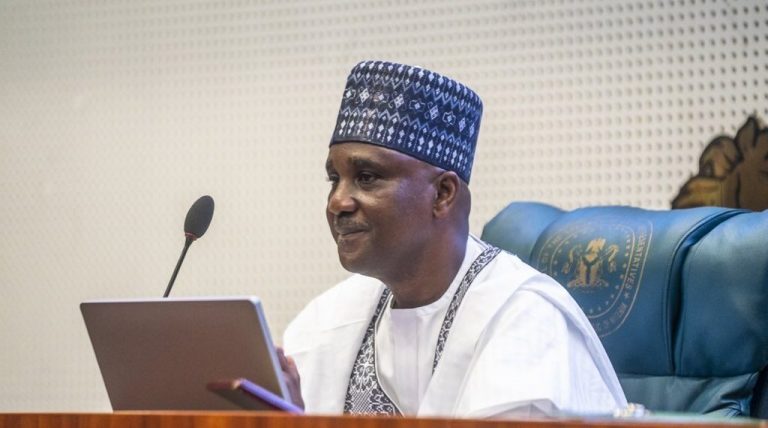The Speaker of the House of Representatives, Tajudeen Abbas has described food insecurity as a huge national challenge which must be addressed by al tiers of government.
This is just as the Speaker urged the National Assembly and the State Houses of Assembly to deploy legislative instruments to tackle hunger and malnutrition across the country.
The Speaker stated this on Tuesday while addressing the House Committee on Food Security and Malnutrition as well as the National Legislative Network on Nutrition and Food Security in his office in Abuja.
A statement issued by the Special Adviser, Media and Publicity to the Speaker, Musa Krishi quoted Mr Abbas as saying, “Nigeria’s problem is largely, in a way, food insecurity and whatever we can do as parliamentarians to ease the burden on the people when it comes to hunger and malnutrition, we will be doing a very great service to this country. I urge you to please maintain the tempo. Ensure that you continue to increase the level of your activities until we get to that Promised Land.”
Abbas said it is gratifying to hear that an initiative of the House, “Which came on board for the first time in the history of the parliament,” is really making such kind of impact.
He added that “The committee is no longer a baby of the House of Representatives; it has become the baby of Nigeria as a whole, embraced by all the 36 Speakers (of the State Houses of Assembly) who are also making efforts to see that they can take this to all the local government areas.
“I think this is one of the few things that we created in the 10th House that will forever linger in my mind for being very useful to the country. I can attribute that success and the benefits to the chairman of the committee whose passion and commitment are driving this process.”
Earlier, the Chairman of the Committee, Chinedu Okafor stated that the conversations around food security “Cannot start and end in Abuja,” stressing that his committee has taken the campaign against food insecurity and malnutrition to the sub-national levels.
Okafor recalled his meeting with the Speaker of the Oyo State House of Assembly and Chairman of the Conference of Speakers of State Legislatures of Nigeria, Adebo Ogundoyin, which led to organisation of a retreat in Owerri, Imo State, where it was resolved that committees on food security and nutrition be set up at the state parliaments and federal laws be domesticated at the state level.
Okafor also recalled that chairmen and clerks of the newly created committees had a conference in Abuja, which birthed the National Legislative Network on Nutrition and Food Security.
He further hinted that the network is billed to meet with the Vice-President, Senator Kashim Shettima, on Wednesday on the subject matter of food insecurity.










